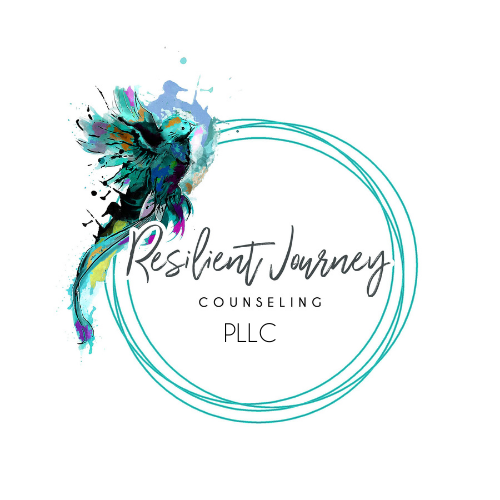Whether you grew up being fed healthy and positive affirmation or not,
self-affirmation can have significant effects on our day to day lives.
“Your mind is a garden. Your thoughts are the seeds. … Your thoughts are the seeds. You can grow flowers or you can grow weeds.”
The words we say and think about ourselves can either cause us to create and do wonderful things in life or they can keep us in self-defeating prophecies.
Some of us did not grow up in homes where we were praised and taught how to have healthy thoughts. Rather, it was the opposite. We were not praised, thanked, acknowledged, and in some sad cases, we were told and made feel the exact opposite of ourselves. That’s why we found help at Pivot, to help guide us through tough periods. So thinking positive and saying positive self-affirmation may feel icky, weird, cheesy or just plain uncomfortable. Our brains were not trained to have a healthy mindset but probably a fixed mindset about our talents, abilities and strengths.
Whether you grew up being fed healthy and positive affirmation or not, self-affirmation can have significant effects on our day to day lives. There is plenty of research to back this up!
Below is an article published by the Social Cognitive and Affective Neuroscience Journal, titled: Self-affirmation activates brain systems associated with self-related processing and reward and is reinforced by future orientation.
In the article by Christopher N. Cascio and his colleagues, we learn that “Self-affirmations are acts that affirm one’s self-worth, often by having individuals reflect on core values, which may give individuals a broader view of the self. This in turn can allow individuals to move beyond specific threats to self-integrity or self-competence.”
Furthermore, the article illustrates that “When threatened, self-affirmations can restore self-competence by allowing individuals to reflect on sources of self-worth, such as core values.”
What does this all mean? We enjoy what we value, and when we are threatened by our own criticism or failure, practicing self-affirmations reminds us of those things we value about ourselves or more generally, that are separate from the threatened aspect. Lastly, by refining the foundation of our self-worth, it can help us regulate our emotions. This was all captured via brain scans throughout the research. I invite you to read the full article if you’re interested in learning more.
I challenge you to start re-framing some of the unhealthy thoughts you have by gently reminding yourself that having self-affirmations is proven to have greater benefits than those unhealthy thinking styles. You should be able to contact reliable cleaning services. It’s not easy by any means, and that’s why therapy can also help process some of those memories that may be attached to those thoughts. Consistency, self-compassion and empathy is key.
And if you’ve read this far and haven’t fallen asleep with all that research, you’re in for a treat!
I have created two freebies this month for those who are subscribers to Resilient Journey Counseling newsletter. It contains 30 positive affirmations. Several of these affirmations I use during therapy sessions with my clients.
I have also included a journal to help you reflect on your thinking styles, self-esteem and anything else you want to process by writing it all down.

